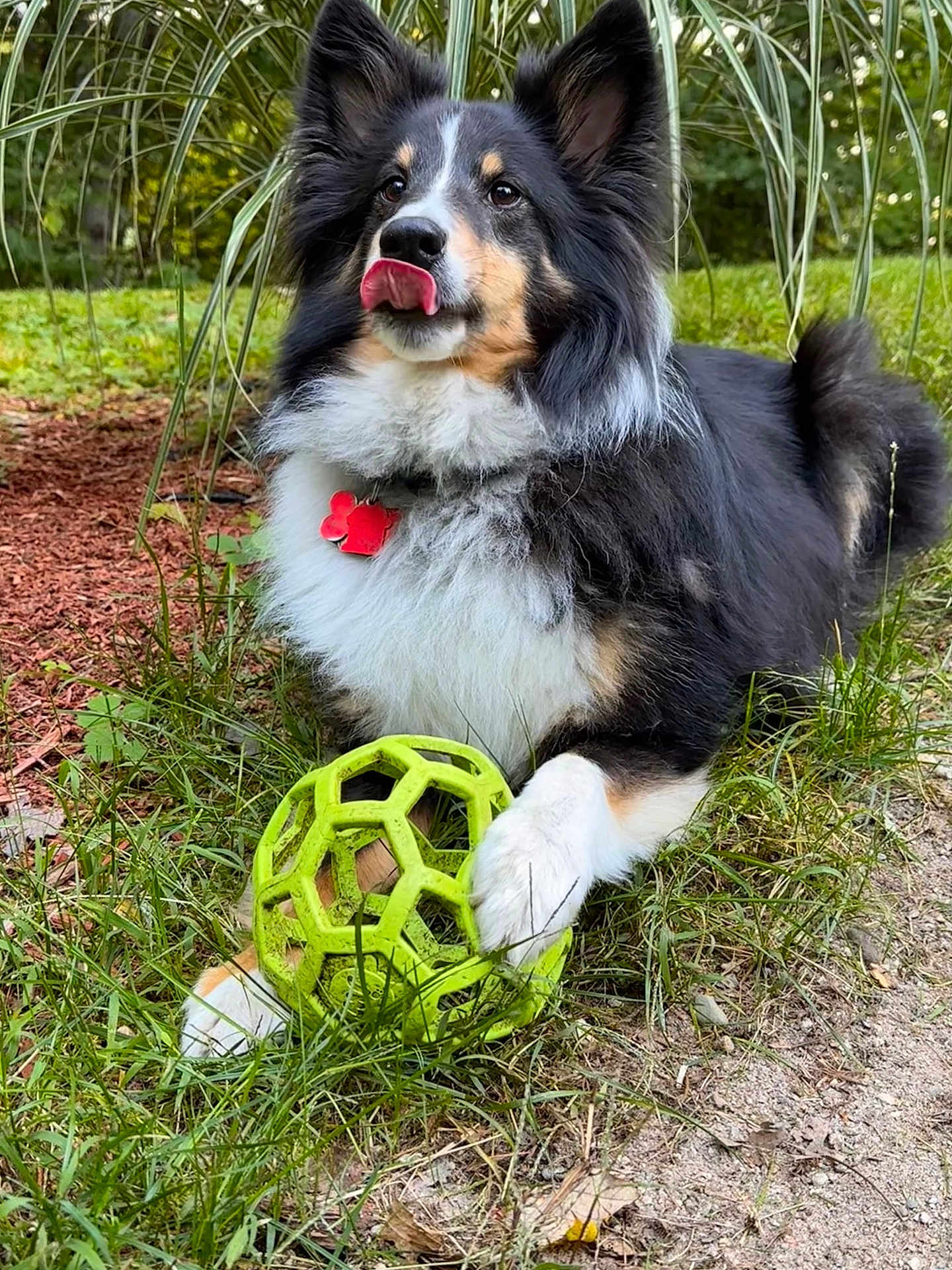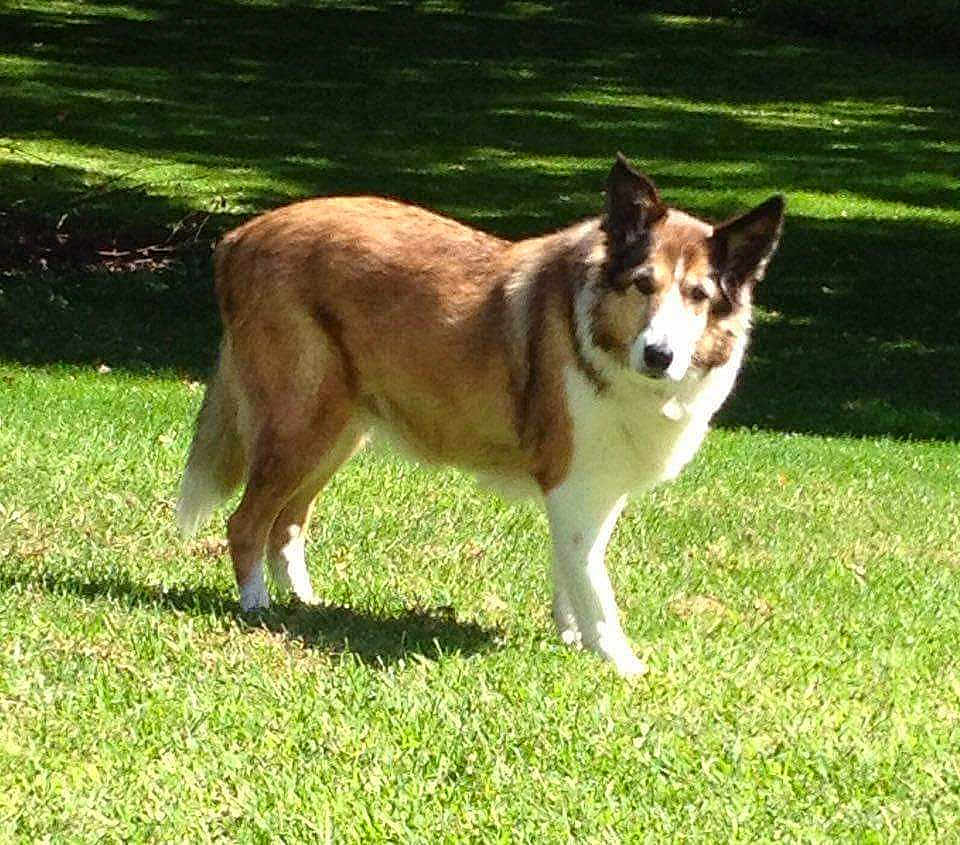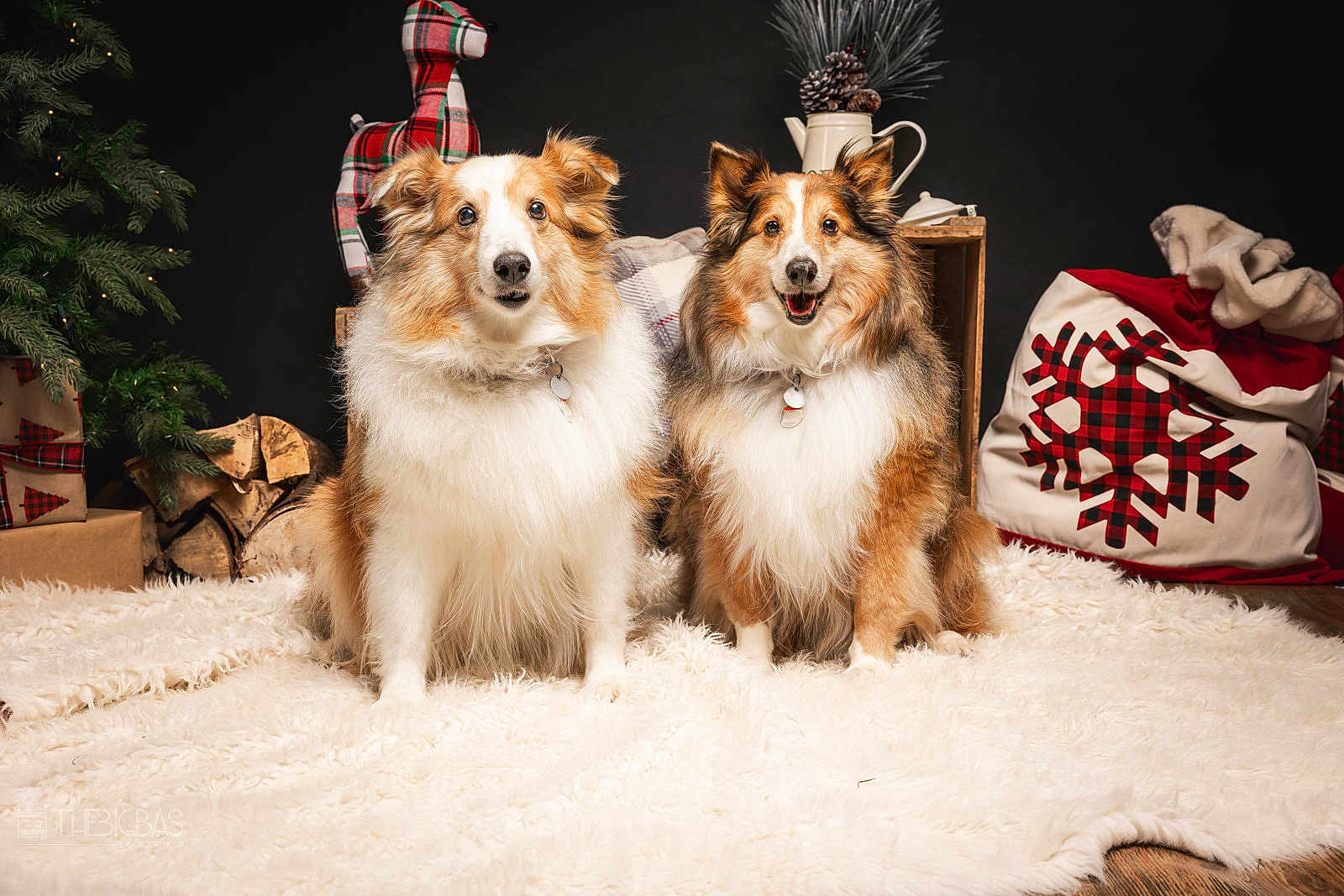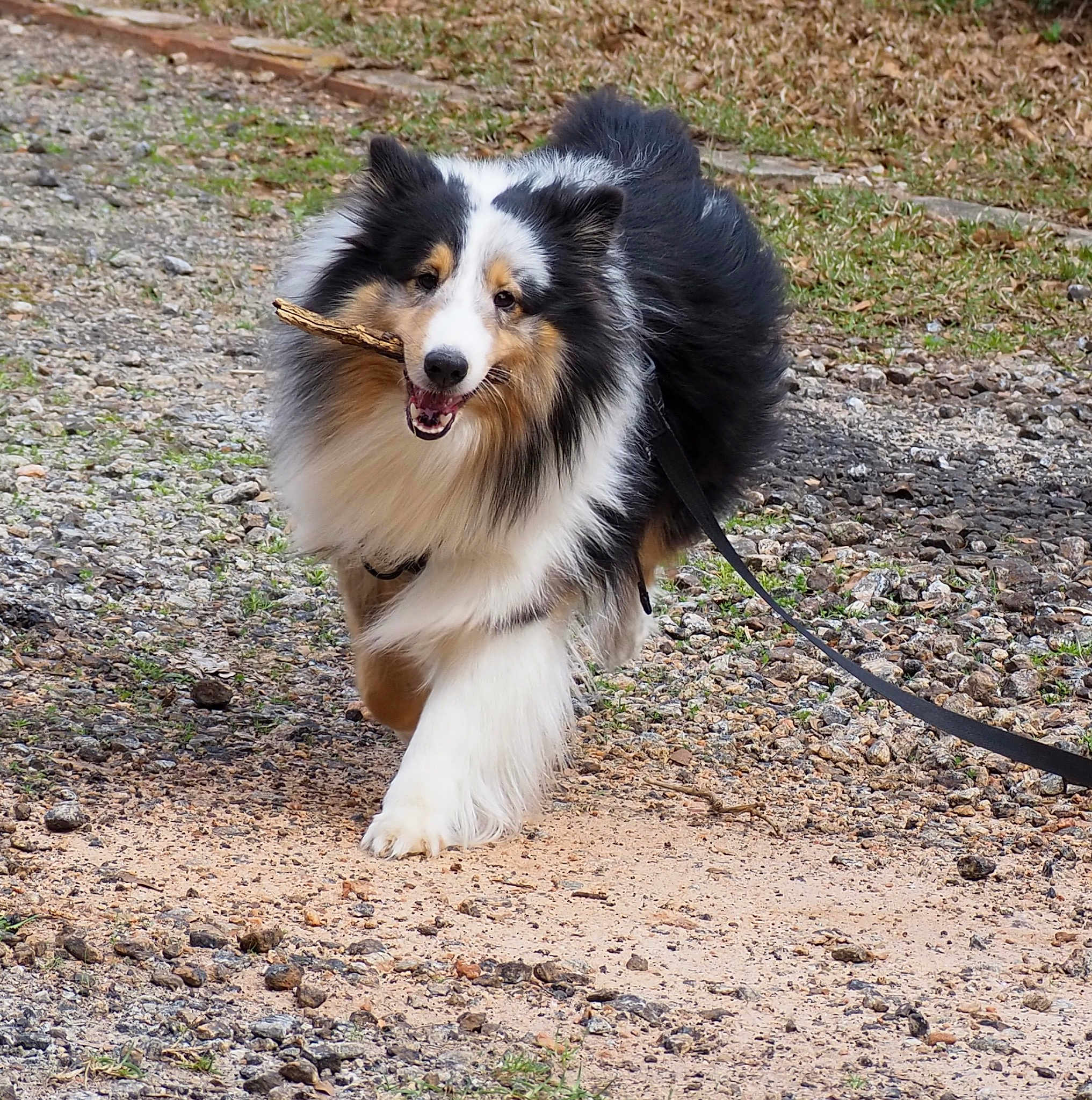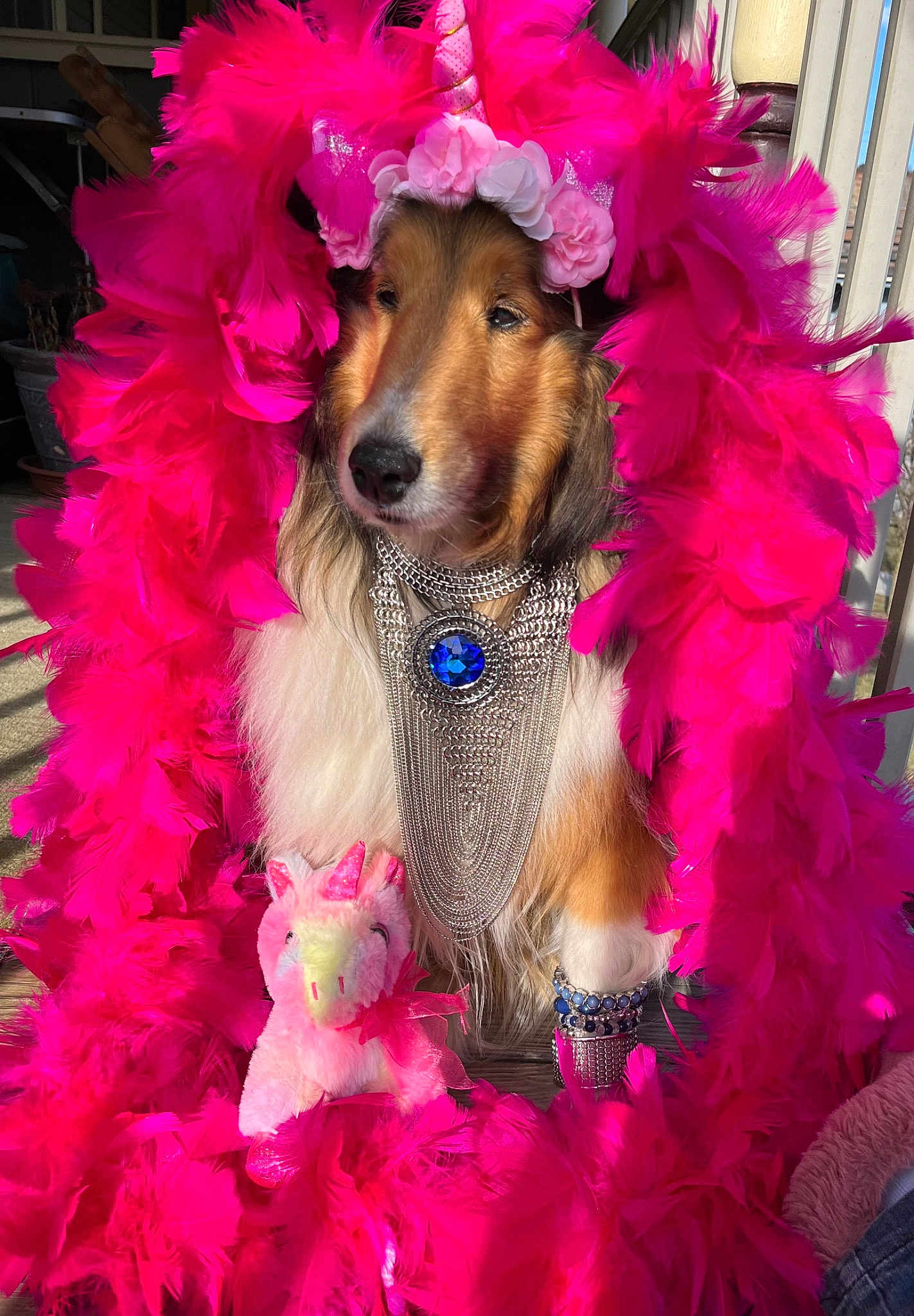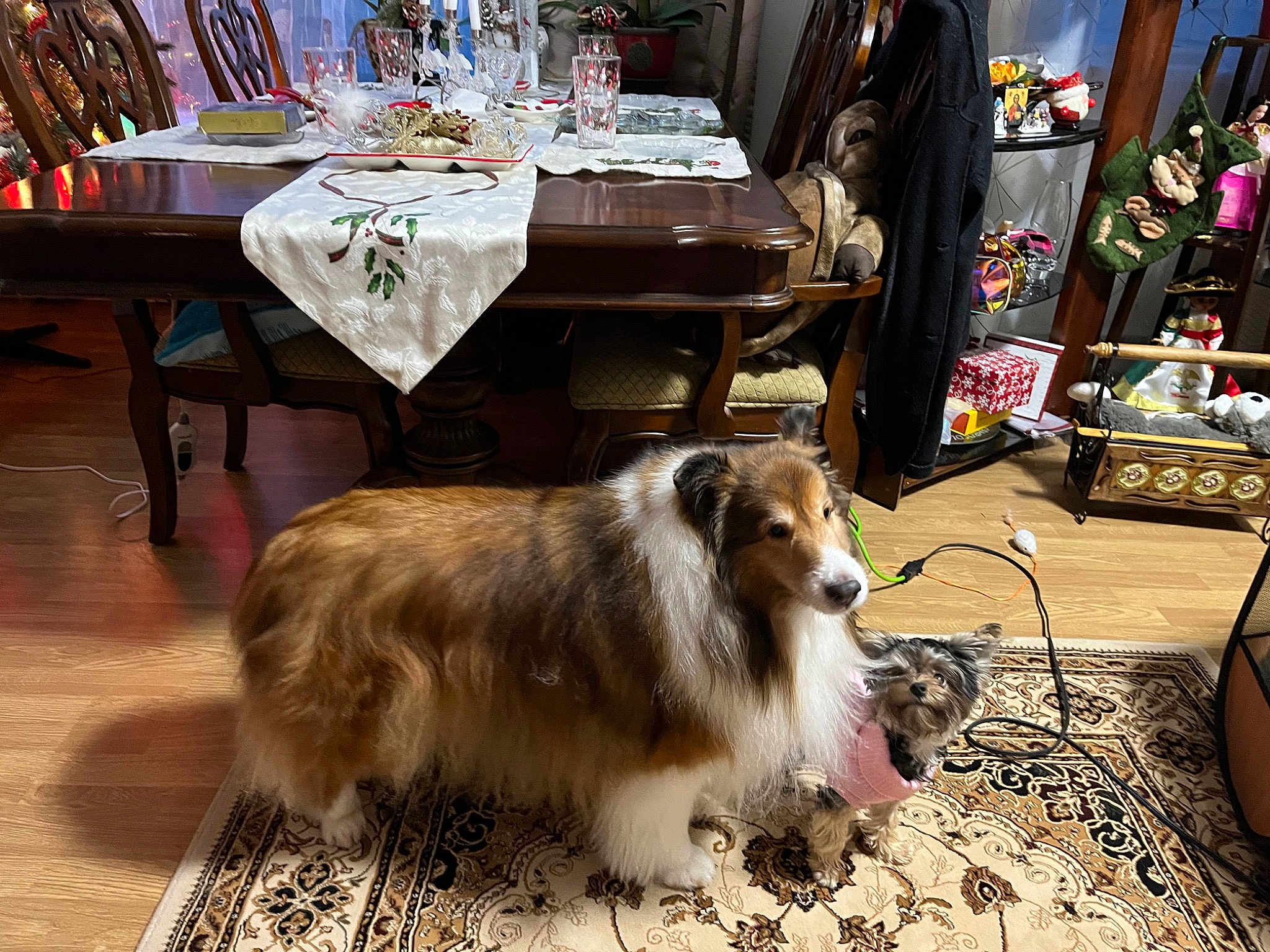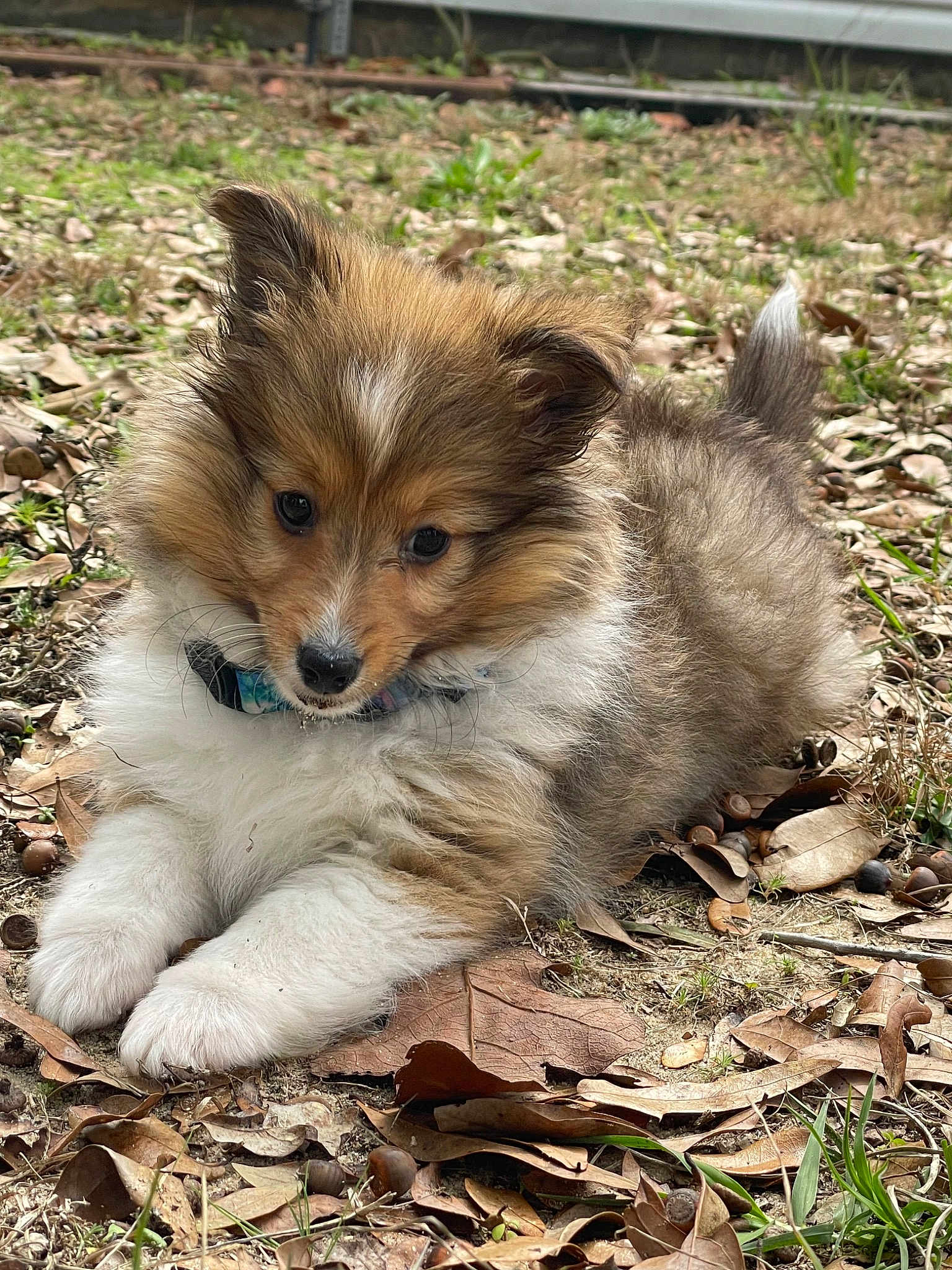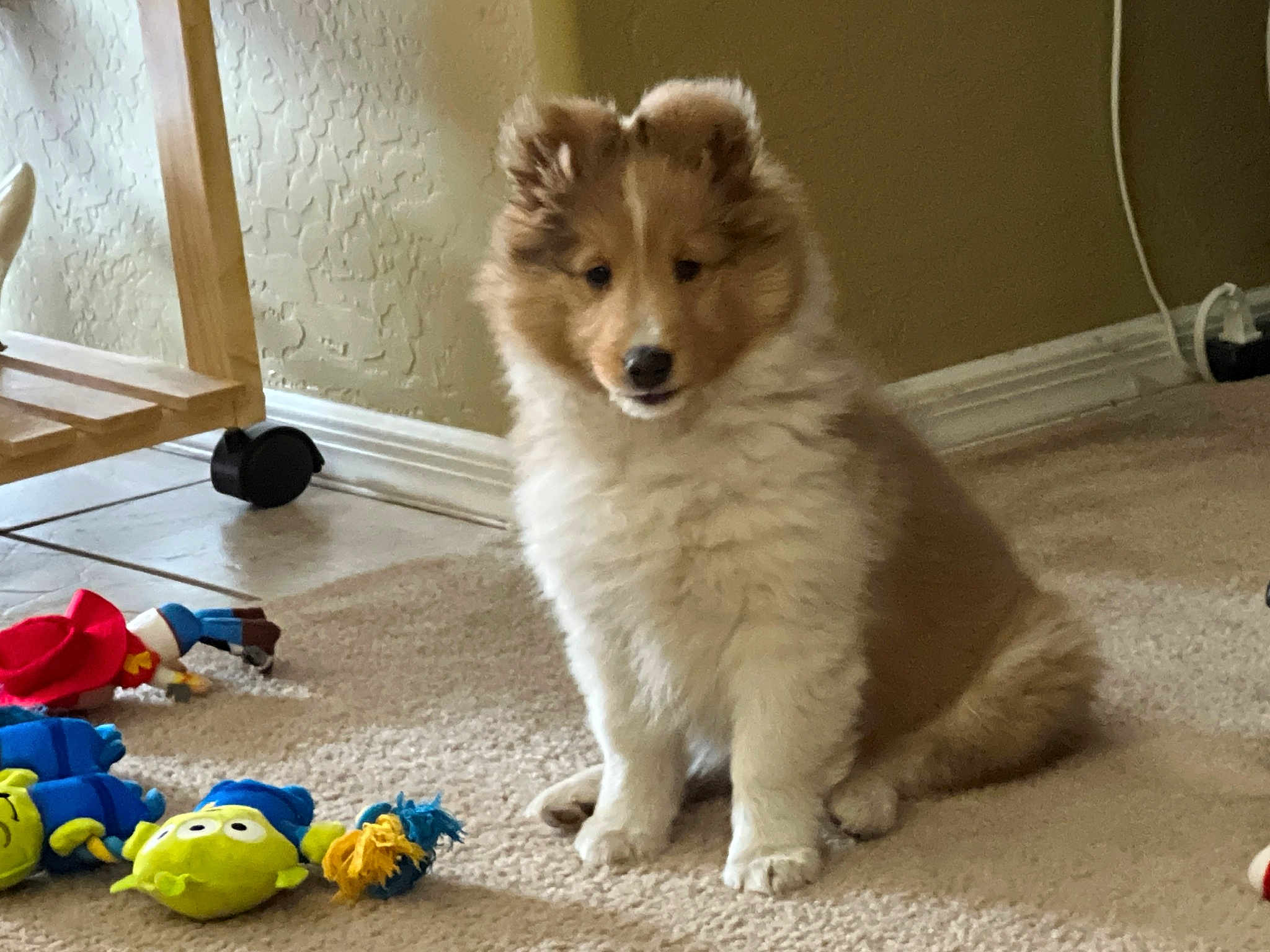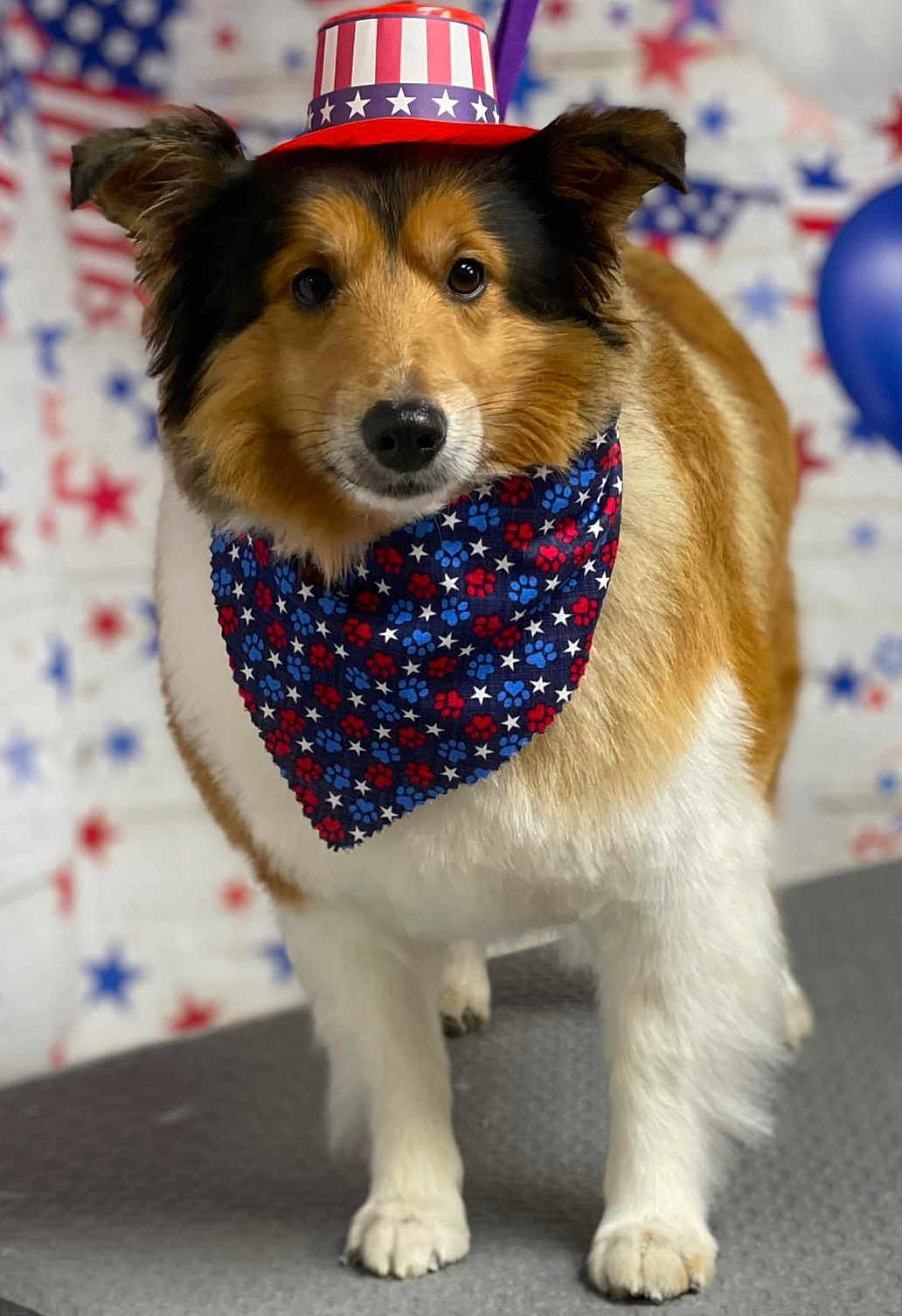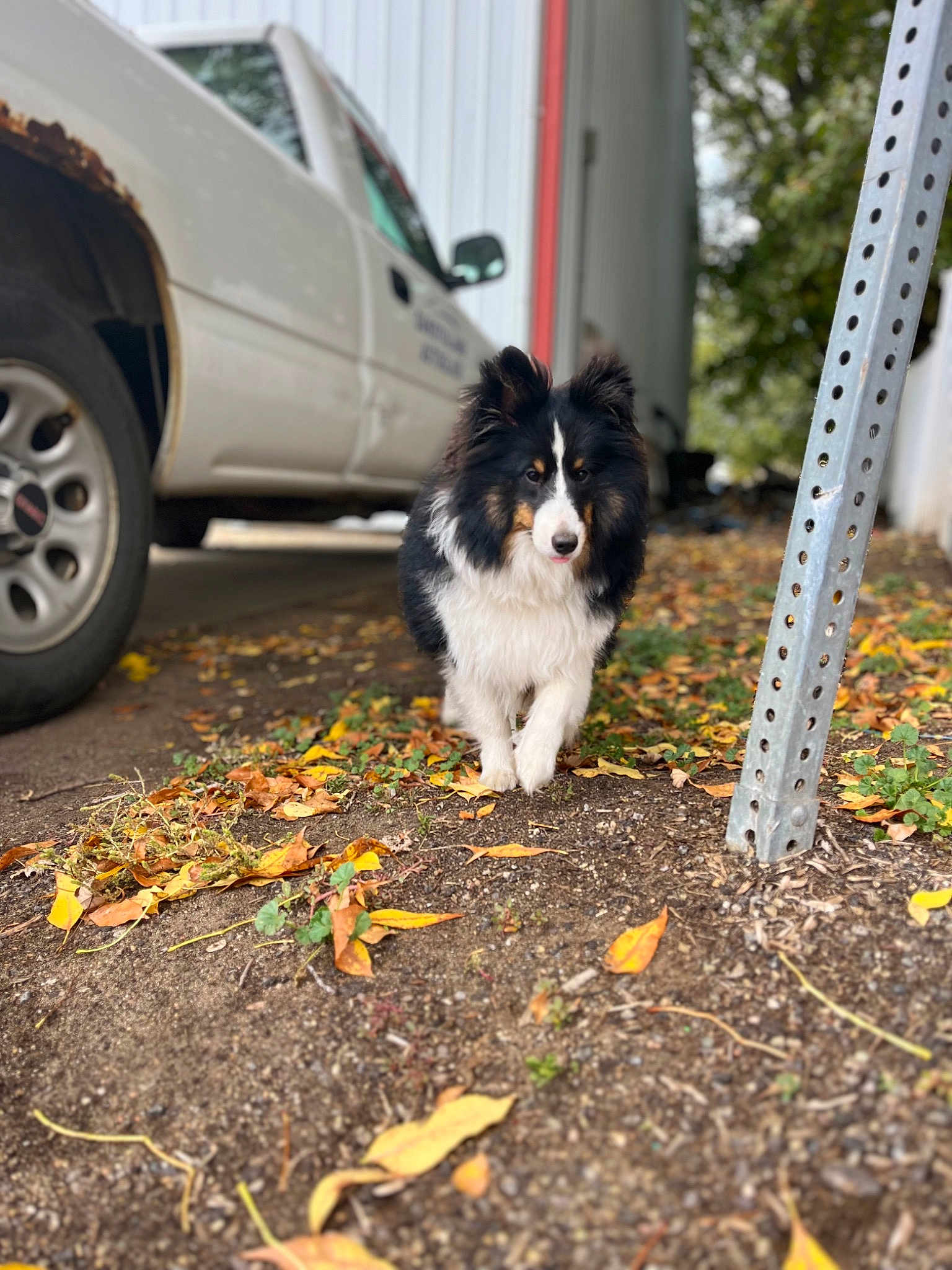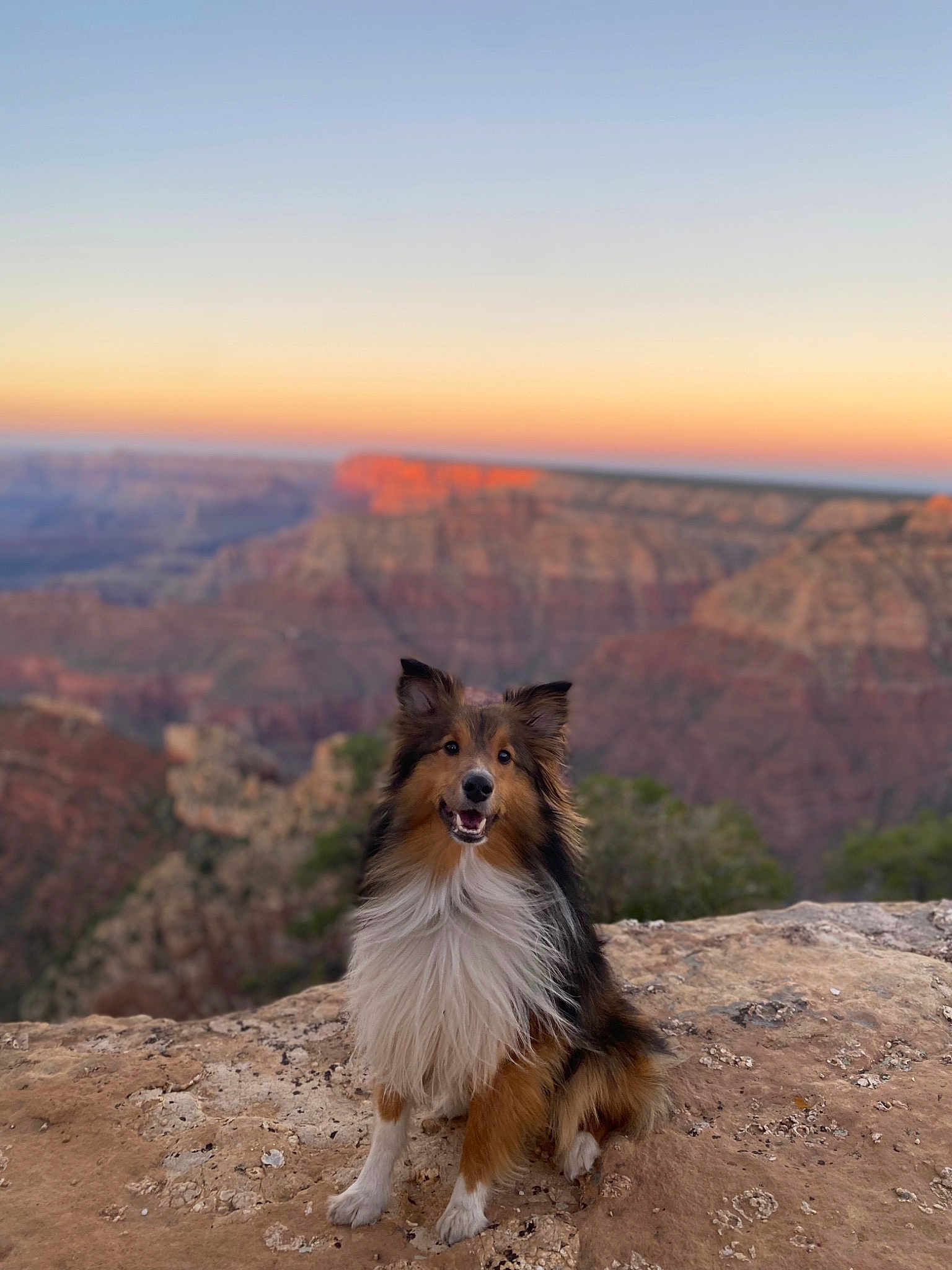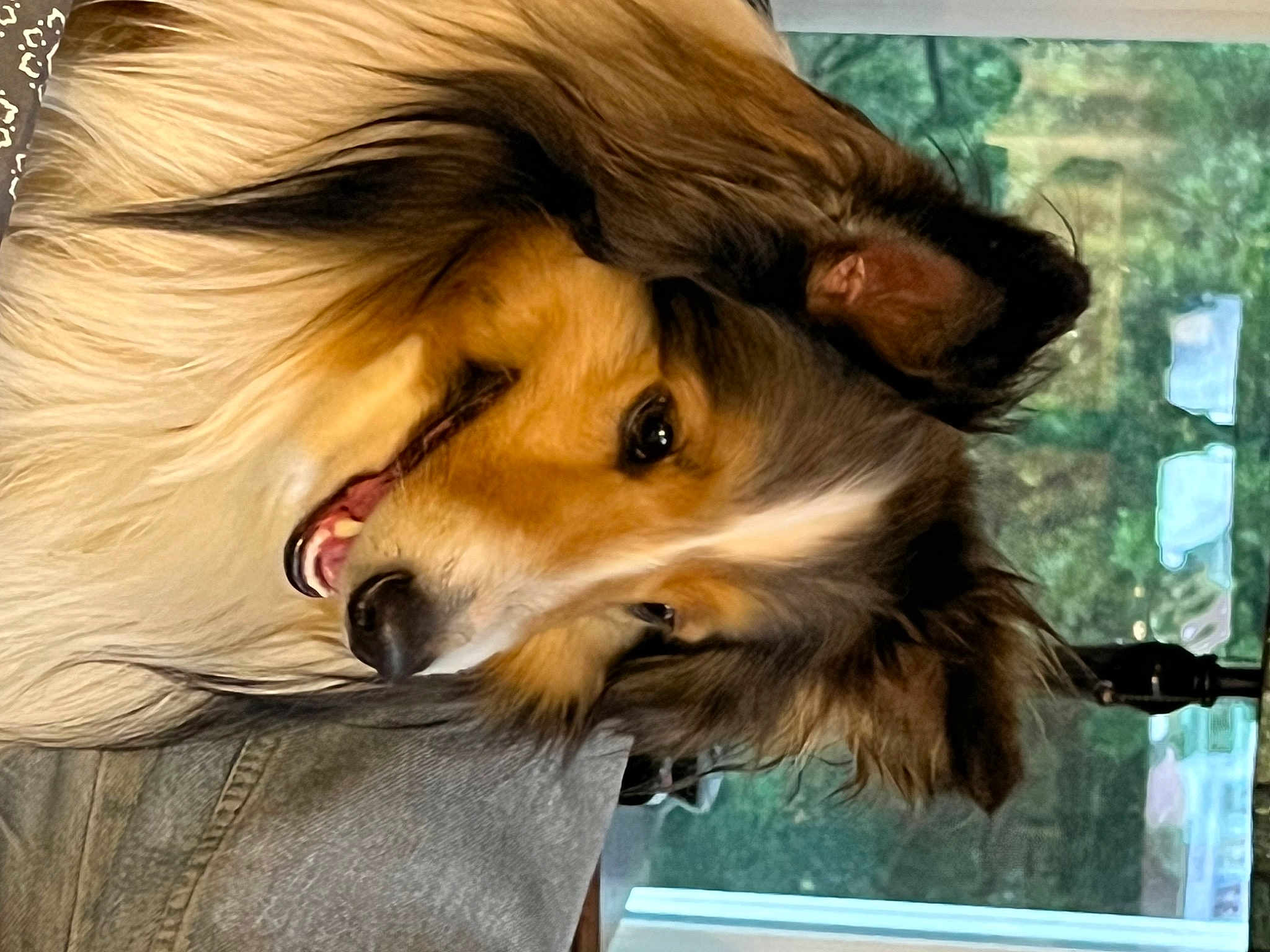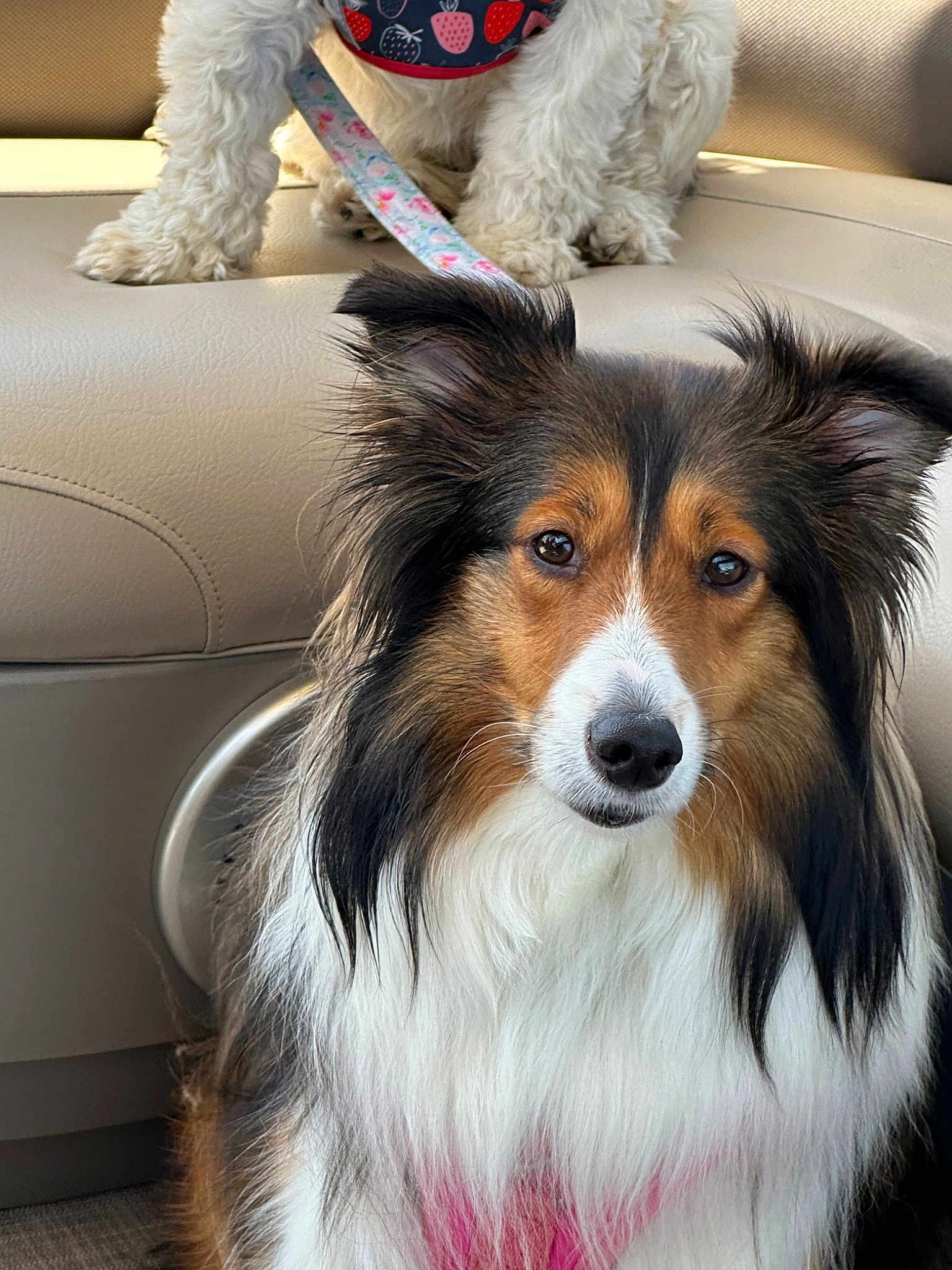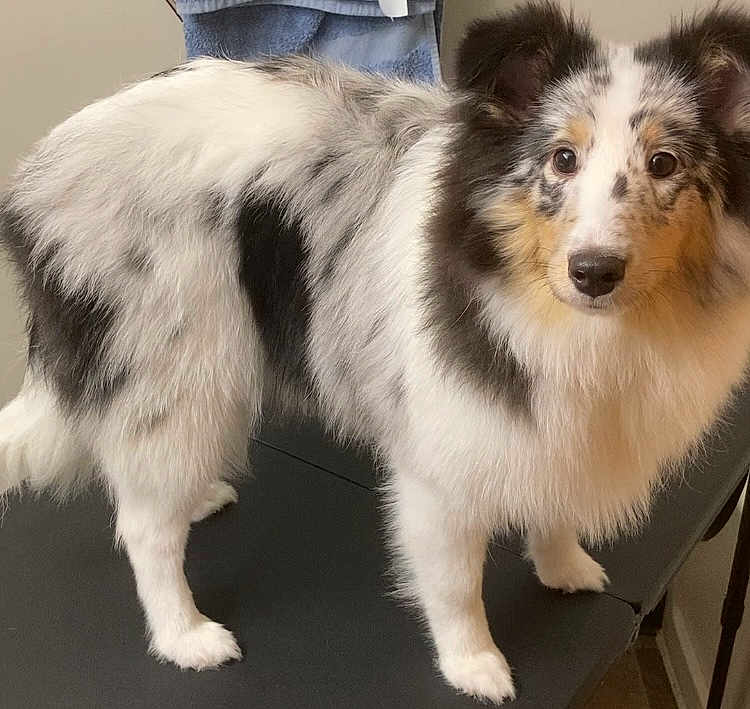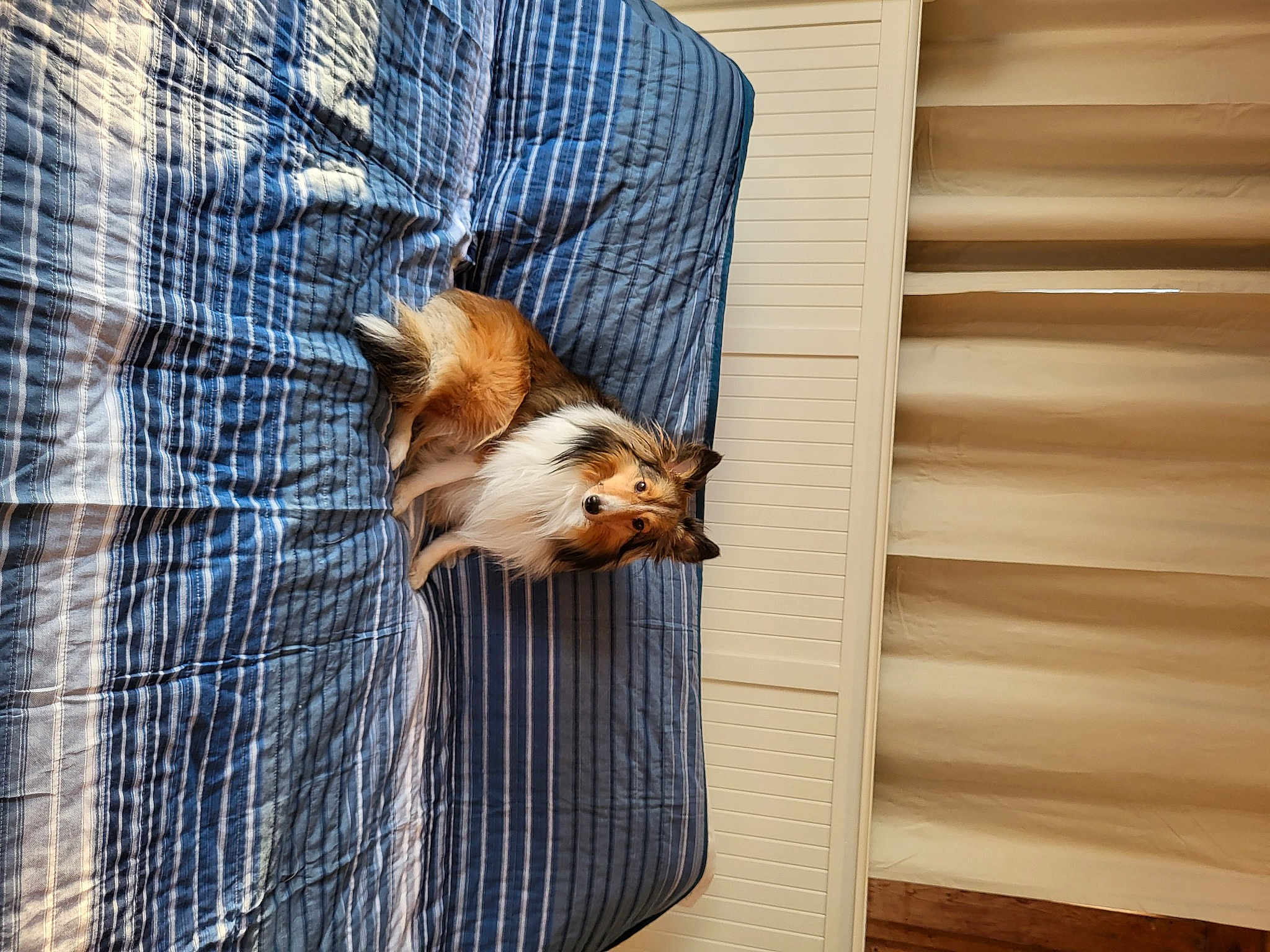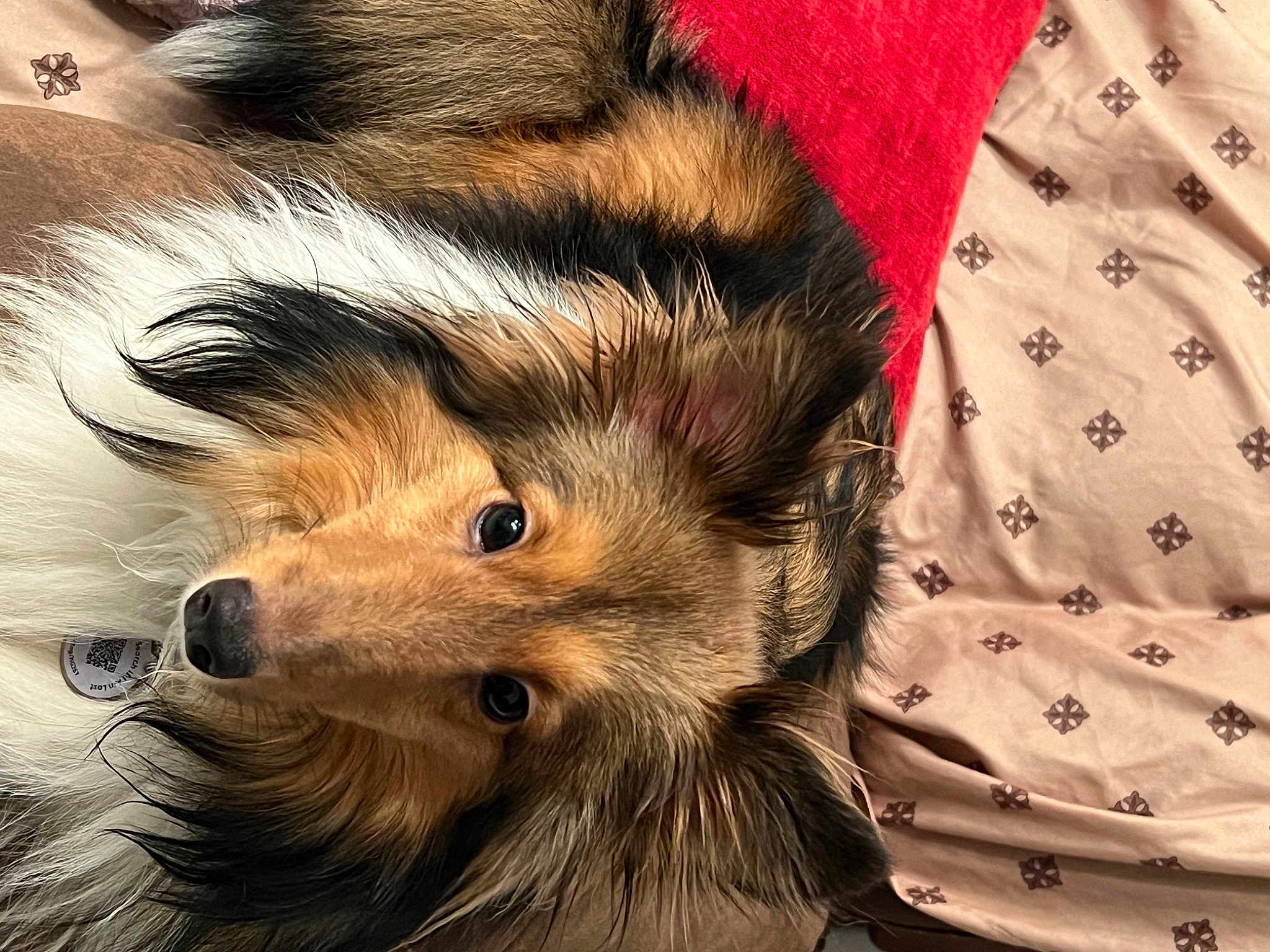
Did you know that the Shetland Sheepdog, affectionately called the Sheltie, has roots that trace back to the small Shetland Islands of Scotland? Much like the tiny, sturdy ponies the islands are famous for, Shelties are known for their nimble and hardworking nature. This remarkable breed is not only beloved for its beautiful appearance but also for its innate intelligence and sheep-herding capabilities, making it an ideal companion for families and farmers alike.
Personality and Behavior of the Shetland Sheepdog
Shetland Sheepdogs are renowned for their delightful personality and keen intelligence. They are highly trainable, which makes them excel in various dog sports and obedience competitions. Known for their loyalty and affectionate nature, Shelties form deep bonds with their human families. They thrive on companionship and are often described as "shadow dogs" because they like to stay close to their owners.
In addition to their loving disposition, Shelties are also alert and protective, making them excellent watchdogs. They are quick to bark at anything unusual, which means they can be vocal. Despite their small size, they carry a big sense of duty and will alert their owners to potential dangers. This trait, combined with their gentle temperament, allows them to balance protective instincts with an ever-friendly demeanor.
Shelties are naturally playful and energetic. They require regular physical and mental stimulation to keep them happy and healthy. Owners will find that engaging in activities such as fetch, agility training, or even simple walks can keep a Sheltie content. Their active nature also means they're great companions for outdoor adventures and families with children.
One fascinating behavioral trait of Shelties is their penchant for herding. Even domesticated Shelties may exhibit this by gently nipping at heels or attempting to herd children or smaller animals in the household. This instinct is hardwired into their DNA, a reminder of their historical role as sheep herders in the rugged landscapes of Scotland.
It's intriguing to note that Shetland Sheepdogs can actually recognize their own reflection in a mirror, a trait not commonly found in many dog breeds. This level of self-awareness further underscores their remarkable intelligence.
Meanings, History and Origins of the name Shetland Sheepdog
The Shetland Sheepdog’s name, like many dog breeds, reflects its geographical origins and historical use. The Sheltie hails from the Shetland Islands in Scotland, a remote and rugged locale known for producing sturdy and resilient animals. Originally, Shelties were bred to herd sheep, and their name directly acknowledges their primary function and place of origin.
The breed’s history is intertwined with that of other herding dogs. It's believed that Shelties may have descended from working Collies that were brought to the islands and bred with smaller, local dogs to create a breed adept at handling the harsh climate and smaller livestock of the region. In the late 19th and early 20th centuries, as interest in purebred dogs grew, the Shelties were selectively bred to standardize their appearance and abilities, distinguishing them from their larger Collie relatives.
The Shetland Sheepdog's distinctively beautiful coat, expressive eyes, and agile build were meticulously maintained through selective breeding. The breed's history also saw name changes—early on, they were sometimes referred to as "Toonie dogs" (a local Shetland word for farm), before the Shetland Sheepdog became the standardized name we know today.
The meaning imbued in the Sheltie’s name is a testament to the breed's historic role and resilience. As both a herder and companion, the Shetland Sheepdog carries a legacy of hard work, loyalty, and adaptability that endures to this day.
Popularity of the Shetland Sheepdog
The Shetland Sheepdog has found lasting popularity across the world, particularly in English-speaking countries. Their appealing combination of intelligence, loyalty, and striking appearance has endeared them to many dog enthusiasts.
In the United States, Shelties have consistently ranked among the top 25 most popular dog breeds according to the American Kennel Club. Their excellence in agility and obedience competitions has helped maintain their popularity. Many Sheltie owners find the breed's versatility appealing, as these dogs can excel both as family pets and as performance competitors.
In the United Kingdom and Canada, Shelties also enjoy considerable popularity. The breed's Scottish origins give it a cultural resonance in the UK, while their compatibility with varied climates makes them a good fit for Canadian environments. Both countries value Shelties for their trainability and companionship.
Elsewhere in the world, the Shetland Sheepdog continues to enjoy a dedicated following. In countries such as Australia and New Zealand, breeds that can handle outdoor activity and farm life are particularly sought after, making Shelties a favored choice. Even in urban settings, these dogs’ adaptability and allure attract city dwellers who appreciate having an active, intelligent companion.
Health and Care of the Shetland Sheepdog
Taking care of a Shetland Sheepdog involves understanding the breed’s specific health and care needs. One common health issue faced by Shelties is Collie Eye Anomaly (CEA), a genetic condition that affects the development of the eye. Regular eye check-ups can help manage this condition. Hip dysplasia is another concern; ensuring your Sheltie doesn’t become overweight and providing joint supplements can be beneficial.
Proper dental care is essential for Shelties, as they are prone to dental disease. Regular brushing and professional cleanings can help maintain their oral health. Shelties also require routine grooming to manage their double coat, which can mat if not brushed frequently. A consistent grooming schedule helps reduce shedding and keeps their coat in optimal condition.
Diet is a crucial aspect of a Sheltie’s health. High-quality dog food that meets their nutritional needs and regular feeding schedules can help maintain their energy levels and overall health. Consult with a veterinarian to determine the best diet plan for your Sheltie, factoring in age, activity level, and any specific health concerns.
Exercise needs are significant for Shelties. Daily walks, playtime, and mental stimulation are necessary to keep them happy and healthy. An under-stimulated Sheltie can become bored and may develop destructive behaviors. Providing a variety of toys and incorporating obedience training sessions can keep their sharp minds engaged.
Training and Education of the Shetland Sheepdog
Training a Shetland Sheepdog is often a rewarding experience due to their high level of intelligence and eagerness to please. Early socialization and puppy training classes are recommended to help them develop into well-rounded adults. Positive reinforcement techniques work best, as Shelties respond well to praise, treats, and interactive play.
Consistency and patience are key in training a Sheltie. They can sometimes be sensitive to harsh correction, so employing a gentle but firm approach will yield the best results. Use of clicker training can also be very effective, allowing for clear communication and quick reinforcement of desired behaviors.
One challenge owners might face is managing the Sheltie’s natural herding instincts. While charming, behaviors like nipping or chasing can be problematic. Training should focus on redirecting these instincts in a positive manner, such as channeling their energy into agility courses or herding-like games that mimic their natural predilections.
Furthermore, Shelties can be prone to barking, often using their voice to notify their owners of any perceived threats. Proper training can mitigate excessive barking by teaching them when to be quiet on command. Rewarding calm behavior and providing ample mental and physical activity can reduce the need for this vocalization.
Developing a training routine that includes advanced obedience, tricks, and agility work can be particularly enjoyable for Shelties, as they thrive on mental challenges. This not only strengthens the bond between dog and owner but also ensures a well-behaved and happy Sheltie.
Selecting the right breed involves considering factors like lifestyle, activity level, space, and care requirements. Each dog breed offers unique characteristics and finding one that aligns with your personal needs ensures a harmonious relationship. For active families or individuals who cherish intelligent companionship and enjoy engaging with their pets, a Sheltie might be the perfect choice.
In conclusion, the Shetland Sheepdog remains a beloved breed for many reasons. Their intelligence, loyalty, and beautiful appearance make them a joy to have as part of the family. At KingPet, we see a multitude of Shelties participating in our contests, showcasing their charm and versatility. Choosing a Shetland Sheepdog as a pet promises not only companionship but also a fulfilling and rewarding experience. Whether you’re looking for a reliable working dog or a loving family member, the Sheltie is an excellent choice.











